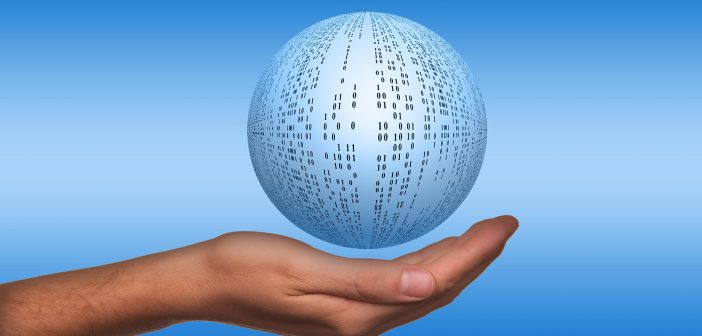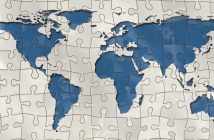Can nonprofit organizations benefit from data science? A survey carried out by Every Action finds that 90% of nonprofits indicate that they’re collecting data, but “almost half say they aren’t fully aware of the ways data can (and does) impact their work”. This is not surprising, given the fact that most nonprofit bodies do not have a dedicated data analytics team. However, the wave of big data is now reaching NGOs and government bodies as well, who can use data science to make a bigger impact. Data analytics can help these organizations make sure that they’re putting their time, effort, money and energy into the right channels. Nonprofit organizations need funds to fulfill their missions but also need to prove the results of their work in order to attract donors. Data science has immense potential in optimizing this cycle, and also helps organizations make well-informed, sound decisions. While not every organization can afford to hire full-time data analysts, some fill the resource gap by hiring freelance experts. Here are some examples of how nonprofits and charity organizations can make use of data science.
1. Marketing and fundraising
Nonprofits have huge datasets that they can exploit to develop statistical models that can help them optimize fundraising. Amnesty International is using segmentation and predictive modelling to help them identify and target the right groups, so that they can develop a more refined marketing strategy. Data insights help NGOs identify and segregate donors based on various factors, using which they can drive their marketing and fundraising efforts more effectively. Data analytics also helps charity organizations discover relationships, that can help them develop specific incentives. After studying their data and finding that they could provide something for their donors, rather than the other way around, Macmillan’s Cancer Support introduced the “World’s Biggest Coffee” initiative, which saw a leap in the income generated from £15m to £20m.
2. Monitoring and implementing specific activities
Data science can help nonprofits accurately measure of the performance of their activities, and help them tailor their processes towards better results. Data analytics and visualization can also play a huge role in real-time tracking during crises and optimizing relief efforts. Qlik, a software company based in the USA, provides data science tools that organizations can use to discover insights, patterns and power crucial decision-making processes. In the past, they’ve tied up with nonprofits to help leverage the power of data for social causes: facilitating relief efforts during the earthquake in Nepal and to prevent the spread of Ebola in West Africa.
The University of Chicago runs a programme, Data Science for Social Good, in which they train Fellows to work on data science projects that specifically focus on social impact. The Fellows work with government bodies and nonprofits to tackle issues related to education, healthcare, public safety and the environment. One of their projects, in partnership with the Chicago Department of Public Health, uses predictive analytics to help prevent lead poisoning in children. Lead-based paint was used before the ban in 1978, and children who live in older homes are still likely to be exposed to it. The models identify houses that are likely to have lead-based paint, taking into account various factors, which then allows for mitigating the dangers of exposure.
3. Streamline funds
The India-based Akshaya Patra foundation turned to big data to help them find a cost-effective way to deliver their mid-day meal scheme to Government schools across the country. Optimizing the routes through which they delivered this scheme helped them make sure that they were using their monetary resources effectively. Allocating funds based on insights from data analytics helps NGOs make optimal use of their resources, which is primary to its smooth functioning.
That data science bears enormous potential for government organizations and nonprofits, big and small, is quite clear. But accessing experts is a common problem that these organizations face. Processes are often bureaucratic and funds may be inadequate to employ a full-fledged team. And so many organizations don’t see the power of data science manifest. Organizations like Datakind help connect data scientists to social organizations, however, scientists offer their services on a voluntary basis. One solution is for organizations is to engage specialists on-demand for short-term projects. This helps them access the expertise of data analysts while keeping the process cost-effective. This is definitely one way the third sector can reap the benefits of data science and stay empowered, so that they can empower others.





